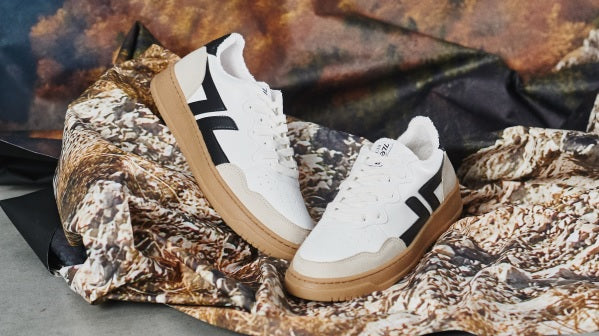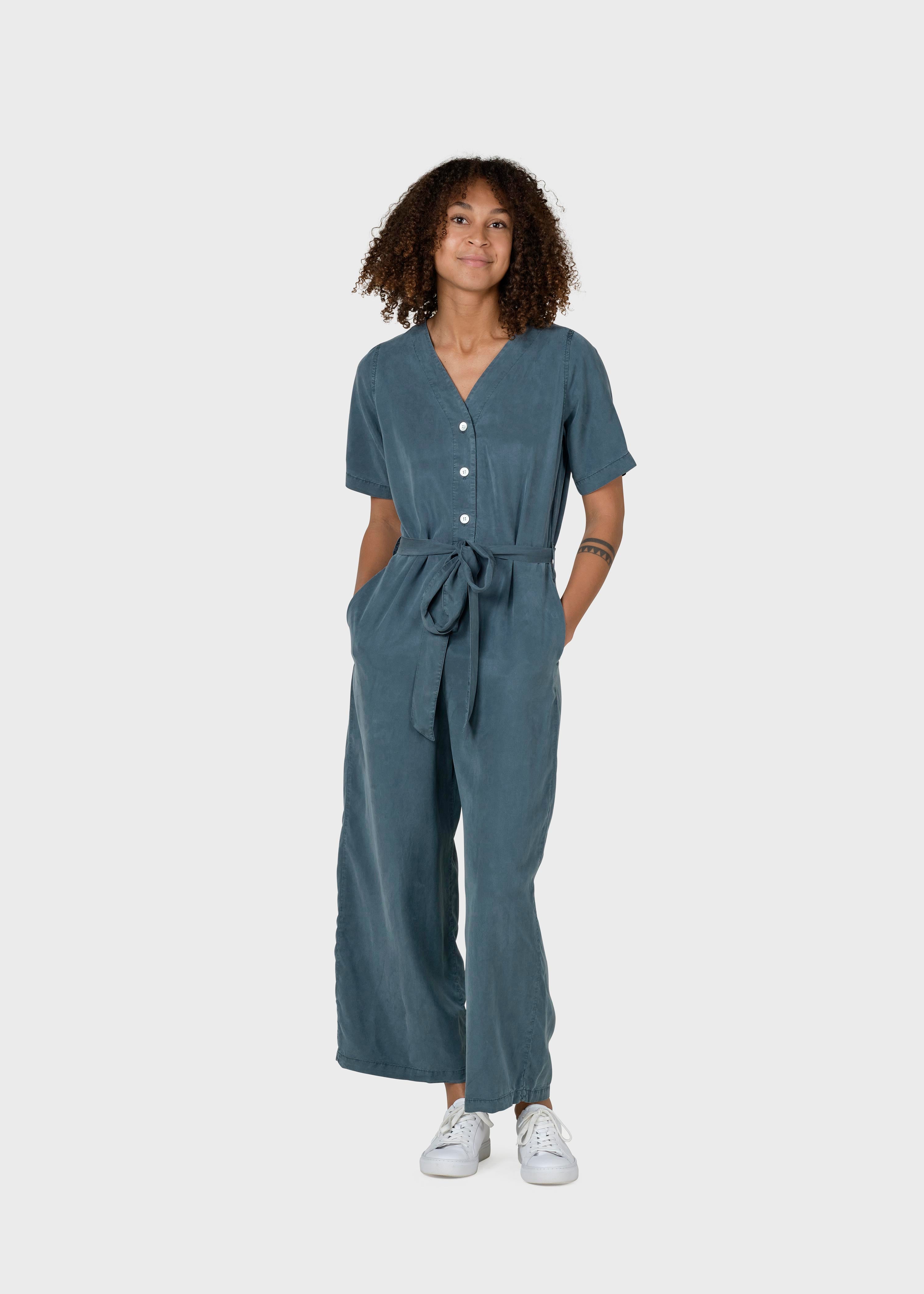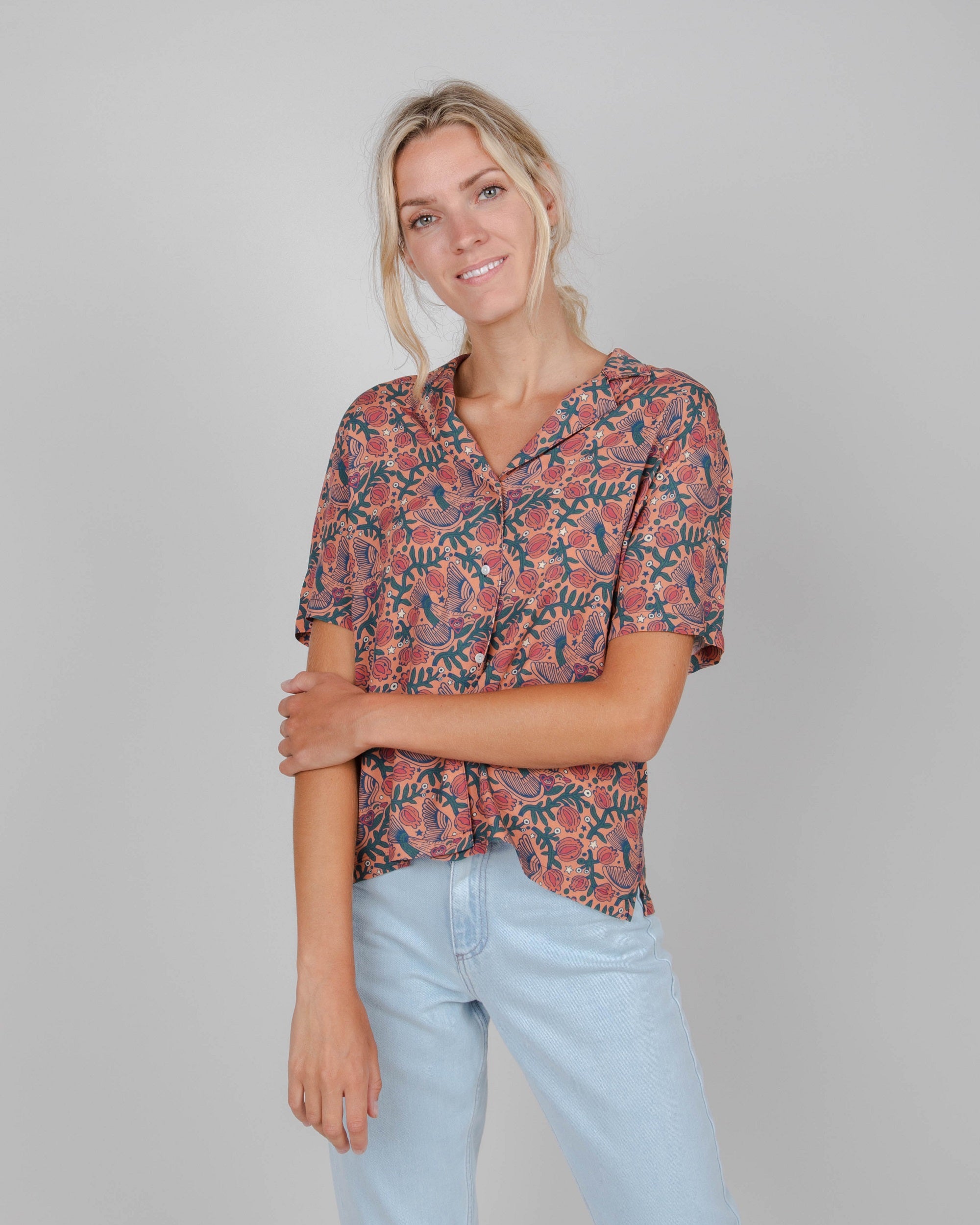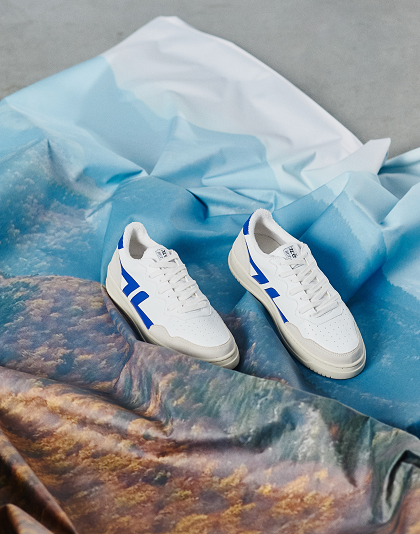New words enter the French language dictionary every year, they reflect a society with changing concerns and habits. The term eco-anxiety was first mentioned in 1997 by a public health researcher , but it was only twenty years later that the word really became popular.
Perhaps because the climate changes announced are no longer only in scientific reports, but indeed in our daily lives?
So, what is eco-anxiety and how to live with it on a daily basis?
What is eco-anxiety?

A contraction of the word “ecology” with “anxiety”, eco-anxiety is anxiety linked to climate change.
It manifests itself through a fear of the future, anger at the news or certain disrespectful behaviors of the planet, a feeling of helplessness or even guilt in banal everyday actions.
Far from being considered a mental illness, more and more psychotherapists and psychologists tend to specialize in answering the more and more frequent questions from their patients concerning eco-anxiety.
The importance of the collective in the ecological fight
How to live with eco-anxiety?
Acting for the environment is the best medicine. Of course, you are not going to solve everything on your own, but being in action allows you to replace fear and anxiety with the feeling of a certain “control”.
To take action for the environment on your scale, you can:
1. Change your consumption habits and favor solutions in line with your values. For example, you can opt for a bank that does not finance polluting projects, change your energy supplier for a greener solution based on renewable energies, eat less meat, buy more local, less packaged... Boycott fast fashion and promote second hand and ethical fashion (with Clother of course 😉)
2. Enjoy what you already have for longer by fighting against planned obsolescence, by repairing, favoring quality over quantity.
3. Even if you have the budget to buy new, check that there is no a second-hand or reconditioned alternative to what you need. You will save money and even have a budget to buy new, more ethical and quality products!
4. Get concretely involved in the environment by participating in projects awareness campaigns, shared gardens, repair cafés if you have a DIY soul, or any association that wants to do good. You will feel useful and surrounded by people who share your beliefs and fight for a better world.
5. Do not give up ! Even if you are not perfect in every way, your efforts are not for nothing. So continue on this path (heart with hands emoji)
If the weight of eco-anxiety is too heavy to bear on a daily basis, we of course recommend that you speak to a health professional.










